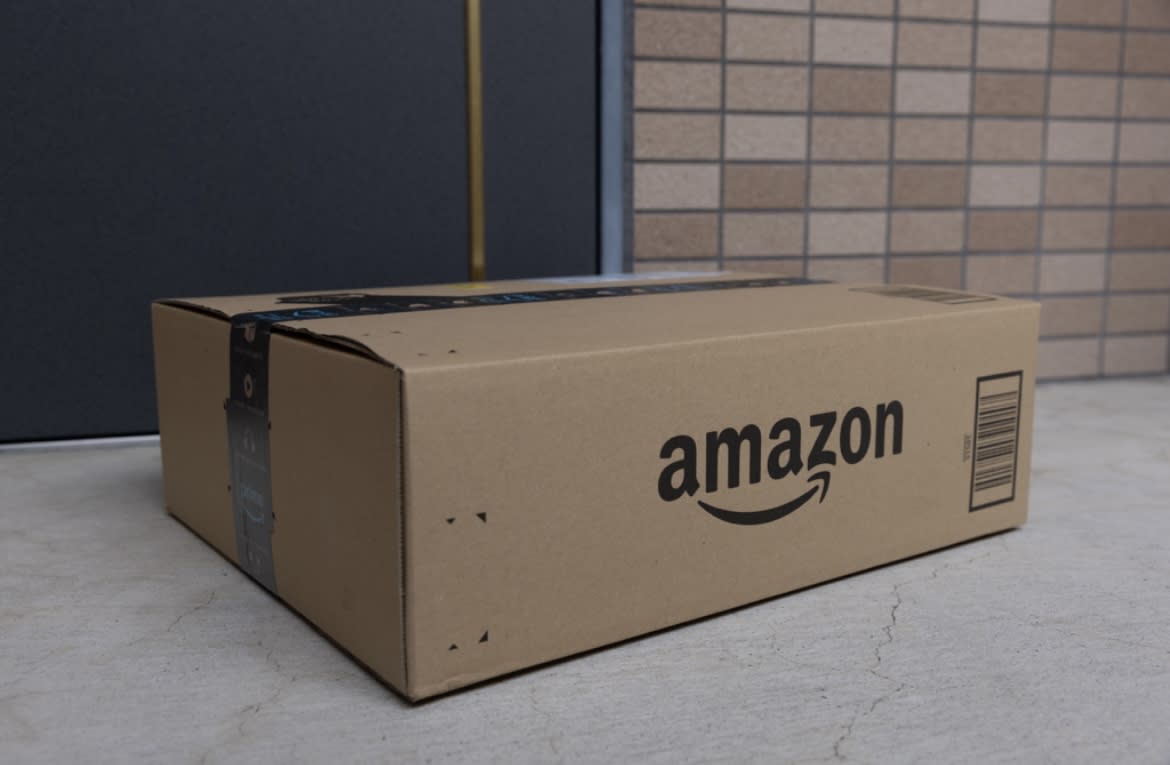Amazon slammed with £1.1B data abuse lawsuit from UK retailers

E-commerce behemoth Amazon recently reached a wide-ranging settlement with the U.K. competition watchdog over how it uses Marketplace sellers’ data, with commitments to more transparent and fair practices going forward. But Amazon is not out of hot water over these issues just yet.
On Thursday, the British Independent Retailers Association, which has thousands of members, said it is filing a damages claim against Amazon valued at £1.1 billion ($1.3 billion at today’s rates) alleging that Amazon has illegally misused members’ proprietary data for competitive purposes. BIRA also takes aim at Amazon’s “Buy Box,” claiming that Amazon manipulated which retailers were selected for the coveted placement.
The Buy Box, as explained more completely here, is where "Buy Now" and "Add to Basket" appear. Often a number of retailers might sell the same item, so Amazon applies an algorithm to determine which retailer gets the purchase at any given time made in that box.
BIRA and its legal team say that the claim is the biggest ever collective action to be launched by retailers in the country. The complaint will be filed Thursday at the Competition Appeal Tribunal in London and covers the period between October 2015 and the present. (2015 is the likely start date because that is when the Competition Act in the U.K. was amended to include class action suits.)
The case highlights the tension of the current market for retailers selling online. They might prefer to sell directly to consumers but ultimately they cannot ignore the market power that Amazon has. Retailers pay a 30% commission to Amazon on every item sold on its platform.
“One might ask why would an independent retailer use Amazon if it is so damaging to their business,” said Andrew Goodacre, CEO of BIRA, in a statement. “In reality, we have seen a significant shift in consumer buying behaviour and, if small business want to sell online, Amazon is the dominant marketplace in the U.K. As a result, for small retailers with limited resources, Amazon is the marketplace to start online trading. Whilst the retailers knew about the large commissions charged by Amazon, they did not know about the added risk of their trading data being used by Amazon to take sales away from them.”
The case is directly related to the probe launched by the CMA in 2022 over whether Amazon was abusing its market position to advance its own retail business over that of third-party Marketplace sellers. That included a look at whether Amazon accessed “commercially sensitive data” belonging to retailers to use it to determine Amazon’s own pricing, how it determines what sellers are featured in the “Buy Box” and more.
Ultimately, Amazon made a bid for and then reached a settlement with the CMA that avoided a full investigation, which includes the appointment of a monitoring trustee.
And with a similar case now playing out in Europe, the book is not completely closed on regulatory scrutiny. Yet this latest class action effectively becomes a chance for retailers to have their own complaints aired and squared. BIRA said that it's going to be supplying 1,150 pages of documents to the court as evidence.
The complaint itself, which has been seen by TechCrunch, runs to 59 pages, and in it, BIRA details how it believes Amazon leveraged Marketplace retailers' data for its own direct competitive benefit:
"Amazon was able to identify products that could be sold by Amazon Retail that would either (i) not otherwise have been sold by Amazon Retail or (ii) were sold by Amazon Retail at an earlier point in time than would have been the case. Where Amazon Retail did sell products as a result of the Infringement, it was more successful in its sales than would have been the case," the document notes.
It goes on to claim that Amazon captured sales and profits, as a result of its data infringement, that would have been made by those third-party merchants selling the same or similar product. Amazon's sales also led to downward price pressure on those merchants, impacting their margins, it continued. And it claimed that this, as a result, also has a negative impact on innovation, since it third-party merchants taking the initial risk to introduce those products before Amazon jumped in would be less likely to repeat that again, having been burned by Amazon already.
“This is precisely the sort of claim that the new collective action regime was brought in for, to enable small and medium size businesses to be able to recover damages caused to them by a huge multinational, where they would not otherwise have such access to justice,” said Boris Bronfentrinker, a partner at Willkie Farr & Gallagher, the firm representing the retailers.
“The power of Amazon is unrivalled when it comes to the very important online world to which so much commerce has migrated. Making itself a must use for retailers, Amazon has then proceeded to cause damage and financial loss to retailers by misusing their confidential data that Amazon was entrusted to keep safe and by preferencing its own retail operations. No individual retailer, no matter how large, is willing to get into the lion’s den and take the fight to Amazon, but fortunately BIRA has shown that it will stand up and fight for U.K. retailers, backed with the financial muscle of one of the world’s largest litigation funders, and with a first-class team of advisors. Retailers in the U.K. were entitled to be treated better and fairly by Amazon. They were not, and this claim will deliver back to them the more than a billion pounds in damages that has been caused to them.”
Amazon made $270 billion in gross profits in 2023. The U.K. is its largest international market, where it made $33.6 billion in revenues in 2023 out of $575 billion in global revenues.
We have reached out to Amazon for comment and will update this story as we learn more.

